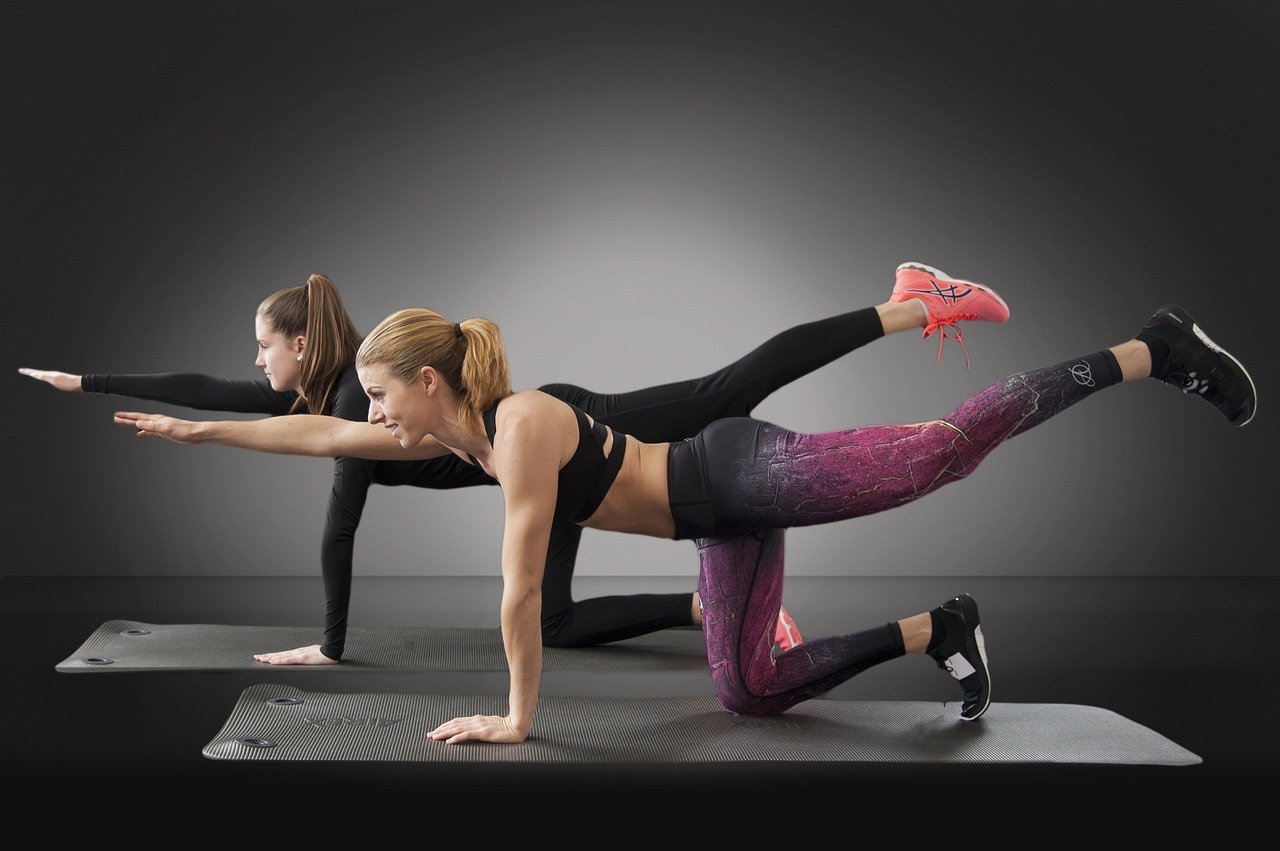In December 2018 researchers from Spain published the results of their study to assess the the effect of two different training programs on functional autonomy (the ability to perform independently various tasks required in daily life), balance, and body composition (the proportion of fat and non-fat mass in the body) and to assess their influence on cognitive function. A total of 60 women, aged 60-80 years, were involved in the study, and were divided into three equal groups. One group undertook Pilates, a second muscular exercise training, and the third no exercise training programme and who acted as a control group. Those undertaking Pilates or the muscular exercise were required to train twice a week (1 hour/session) at moderate to vigorous intensity for an 18 week period. Functional autonomy, balance, body composition and cognitive function were assessed in all individuals. Results showed that whilst both Pilates and the muscular exercise significantly improved functional autonomy, those undertaking Pilates had better results. In addition, there was a significant interaction between cognitive function and some functional autonomy parameters. However, the muscular exercise significantly improved balance. The body composition was also seen to improve in both the Pilates and muscular exercise groups. The researchers therefore concluded that Pilates should be recommended for improving the general functional condition of older women, whilst muscular exercise is effective for improving balance.
Carrasco-Poyatos M et al. Pilates vs. muscular training in older women. Effects in functional factors and the cognitive interaction: A randomized controlled trial. Physiol Behav. 2018 Dec 8;201:157-164

